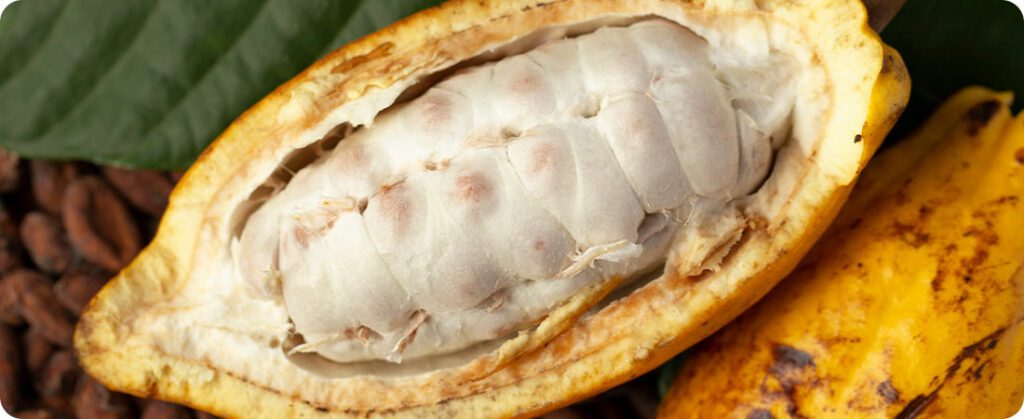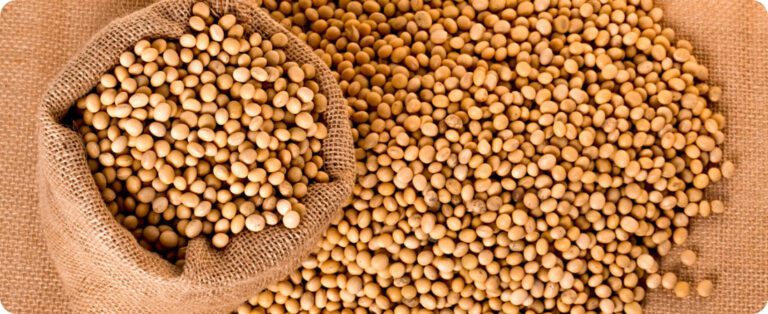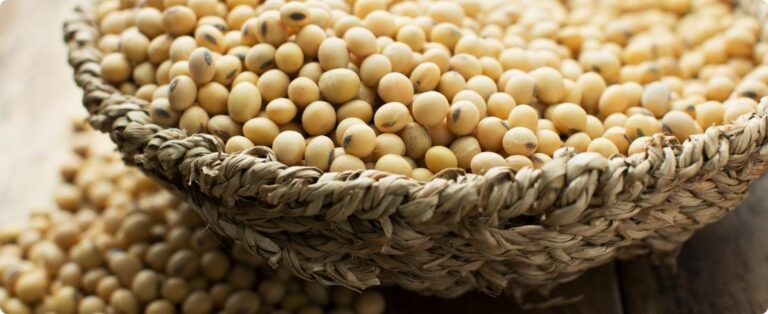
Currently, the global deficit of cocoa exceeds 400 thousand tons, generating strong volatility in both the international and Brazilian markets. Africa, the main supplier of the commodity, plays a crucial role in this scenario, raising concerns about a possible shortage of cocoa in the future. The dependence on African crops has become evident in recent years, as the continent deals with historical social problems and unsustainable management practices that compromise the health of crops.
The main factor in the decline in production is African trees, which are aging and becoming more susceptible to diseases. This has led to a reduction of 30% to 35% in production, which represents between 70% and 75% of the global supply of cocoa. As a result, cocoa prices in New York rose from an average of US$$ 2,000 to above US$$ 7,000, reaching an all-time high of US$$ 12,000 in April this year.
“The deficit in certified stocks on ICE, the exchange that trades cocoa contracts, is among the largest in history. This is due to successive years of crop failure in Africa, and this year production will not be sufficient to meet demand,” says Ale Delara, CEO of Pine Agronegócios.
Alternatives to supply the lack of cocoa
With low supply and highly volatile prices, industries have sought alternatives, such as partially replacing cocoa with other products, such as palm oil. However, this is a temporary solution that does not cover all the demands supplied by cocoa.
“This replacement is a long-term strategy, as companies await updates on crop progress and possible price drops before making new decisions,” explains Delara.
Impact in Brazil
In Brazil, the reduction in the receipt of cocoa beans by industries over the last six months was 35%. The national deficit is estimated at around 100 thousand tons, and the country depends heavily on African imports to meet domestic demand and that of other countries in the Americas. However, imports in the first half of this year fell by 50%, totaling only 15 thousand tons.
“It is difficult to predict whether industries will be able to import the volume needed to meet the market demand. We have been in talks with partners to keep factories operating and continue investing in Brazil. Our goal is to reduce dependence on imports and reposition the country among the largest cocoa producers in the world,” says Anna Paula Losi, CEO of AIPC (National Association of Cocoa Processing Industries).
Brazilian industries have traditionally made an effort to keep cocoa beans on the domestic market, paying a premium for local production. However, the increase in international prices has had an impact on producers' strategies, especially in the production of fine cocoa.
“Fine cocoa used to be sold for values of 100% to 120% above the stock exchange price. With current prices, this practice has become unviable, making the production of these beans less attractive due to the high cost”, adds Anna Paula.
Future perspectives
According to Delara, replenishing global stocks will only be possible if the next African harvests have good productivity. The expectation for this year is a production of around 2 million tons. Meanwhile, next year's harvest needs to remain at this level for stocks to be normalized.
Brazil also faces challenges with its own crops, especially with the presence of diseases such as brown pod, moniliasis and witches' broom. These diseases can compromise productivity at a time when the sector is seeking expansion and resumption of growth, with the aim of extending cocoa cultivation to new states.
“We are working to ensure that Brazil becomes self-sufficient again and participates more representatively in the global market. To achieve this, disease control is essential. We have numerous programs to increase productivity and provide technical support for more efficient management. We ask that producers seek this assistance to avoid possible pandemics and losses,” advises Anna Paula.
Source: Ericson Cunha | Notícias Agrícolas















